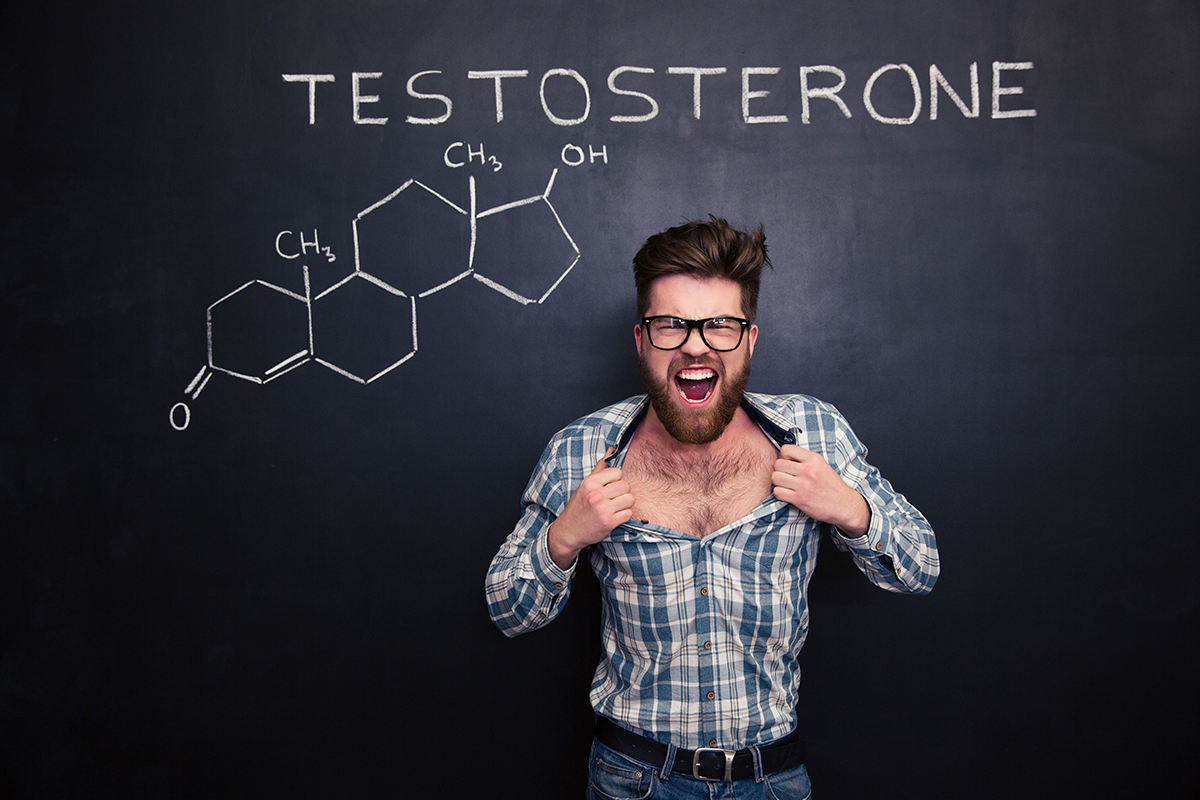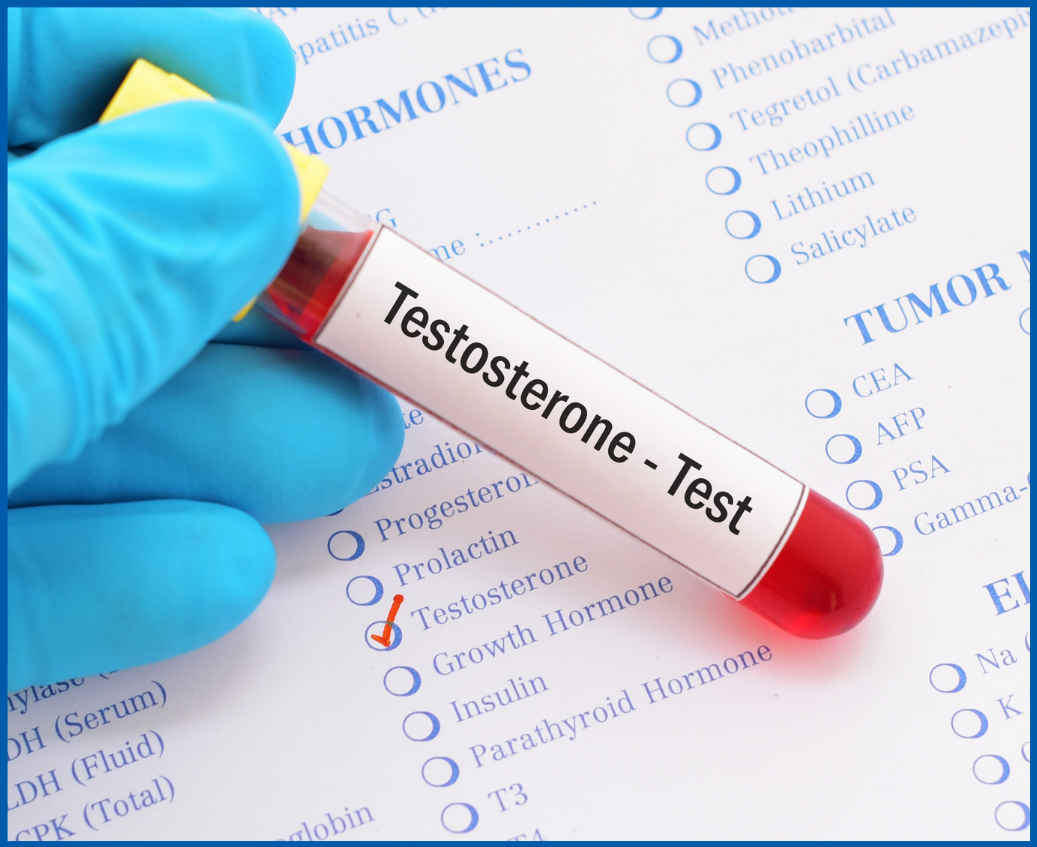Blog post by: Dr. Demers At Age Management Center, we believe it's important to keep our patients informed and empowered with the latest research and trends in health and wellness. We know many of you are curious about the long-term impacts of hormone...
Myths and Misconceptions of TRT – What the Medical Professionals Are Discussing
Conveniently located to serve Portland, Scarborough, and Cumberland County Book a Free, Confidential Screening
Additional Blogs:
Introducing Christie Shepherd
We are thrilled to introduce Christie Shepherd, the newest member of the Age Management Center team, as we continue to expand our services to meet the growing needs of women in the area. Christie's expertise and dedication will be invaluable to our patients, alongside...
Understanding Your Options: Types of Testosterone Replacement Therapy (TRT) and Why We Often Recommend Testosterone for Both Men and Women
Testosterone is essential to both men’s and women’s overall health, influencing everything from energy and muscle mass to mood, libido, and bone strength. But as people age—or due to certain medical conditions or even high risk occupations—testosterone levels can...
Celebrating Women’s Health Month: Prioritizing Your Health, Hormones, and Happiness
May is Women’s Health Month—a time to step back and prioritize you. Too often, traditional healthcare overlooks the complex changes women experience as they age, leaving symptoms like fatigue, weight gain, low libido, brain fog, and emotional shifts unaddressed or...
You Deserve to Feel Like Yourself Again
Perimenopause and menopause aren’t just about surviving—they're about thriving. You deserve to feel like yourself again. You deserve to sleep through the night, to think clearly, to feel sexy and confident in your body. You deserve energy, vitality, and to love the...
Last month I was called upon to present at the 2021 Maine Association of Physician Assistants (MEAPA) Conference on the Myths and Misconceptions of Testosterone Replacement Therapy. During this annual conference, medical providers gather to discuss research, best practices and insights on acute and primary care medicine with the aim to advance our level of care for individuals in Maine.

The fact is:
- 4-5 million+ men in the US have some degree of hypogonadism, more commonly known as low testosterone;
- 60% of men over age 65 have free testosterone levels below the “normal level” for men half their age (30-35);
- Despite these figures, only around 5% of those males are being treated.[1]
Yet a big question often remains—why do optimal testosterone levels matter so much?
Testosterone affects so many facets of a man’s life: libido, sexual energy, muscle mass, strength, endurance, bone density, mental clarity, cognitive skills and an overall sense of well-being. Additionally, declining testosterone levels are also linked to increased morbidity/mortality.[2]
Low testosterone in males is associated with obesity, cardiovascular and metabolic disease, diminished muscular, cognitive and sexual function and changes in body composition.[3]
Testosterone matters, and not just for men.
During the latest MEAPA conference, I had the honor of discussing these issues with my colleagues, including the signs and symptoms of low testosterone in males, risk factors, accuracy of past studies, FDA guidance, and the pros and cons of various treatment methods.
Being informed means being able to offer the best level of care to our patient community. I’m grateful to have had the chance to share my insights on HRT last month, as well as to hear from my peers about their latest experiences and research in a variety of other fields.
If you are a provider and want to discuss how we might be able to help your patients optimize their wellness goals, or you are interested in learning whether a hormone replacement therapy program might be right for you, contact us today.
[1] Seftel, A. Male hypogonadism. Part I: Epidemiology of hypogonadism. Int J Impot Res 18, 115–120 (2006)
[2] Shores MM, Matsumoto AM, Sloan KL, Kivlahan DR. Low Serum Testosterone and Mortality in Male Veterans. Arch Intern Med.2006;166(15):1660–1665
[3] Huupponen, R., Huhtaniemi, I., & Lehtonen, A. (2009). Testosterone: Clinical relevance in ageing men. Reviews in Clinical Gerontology, 19(4), 249-261
